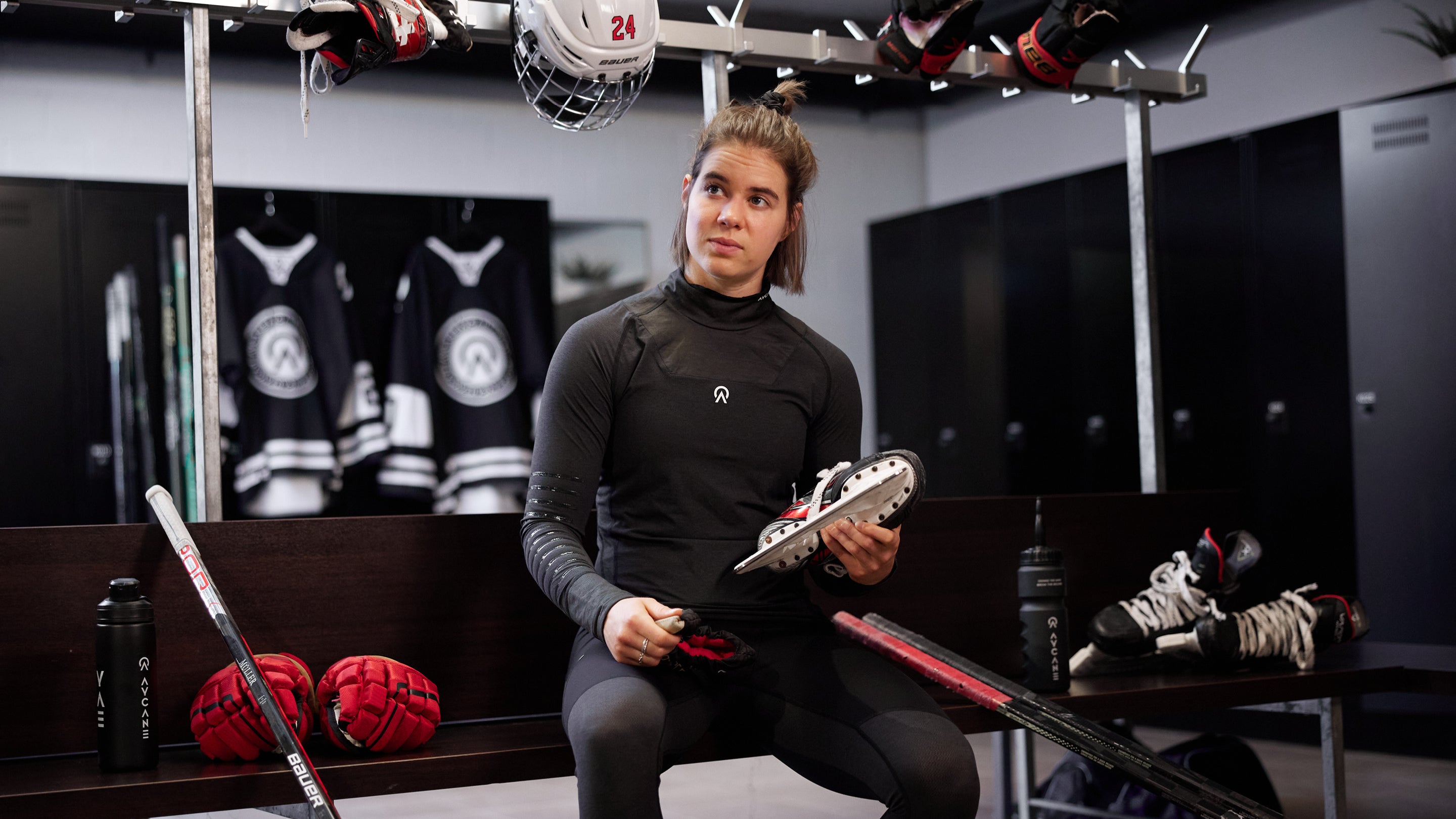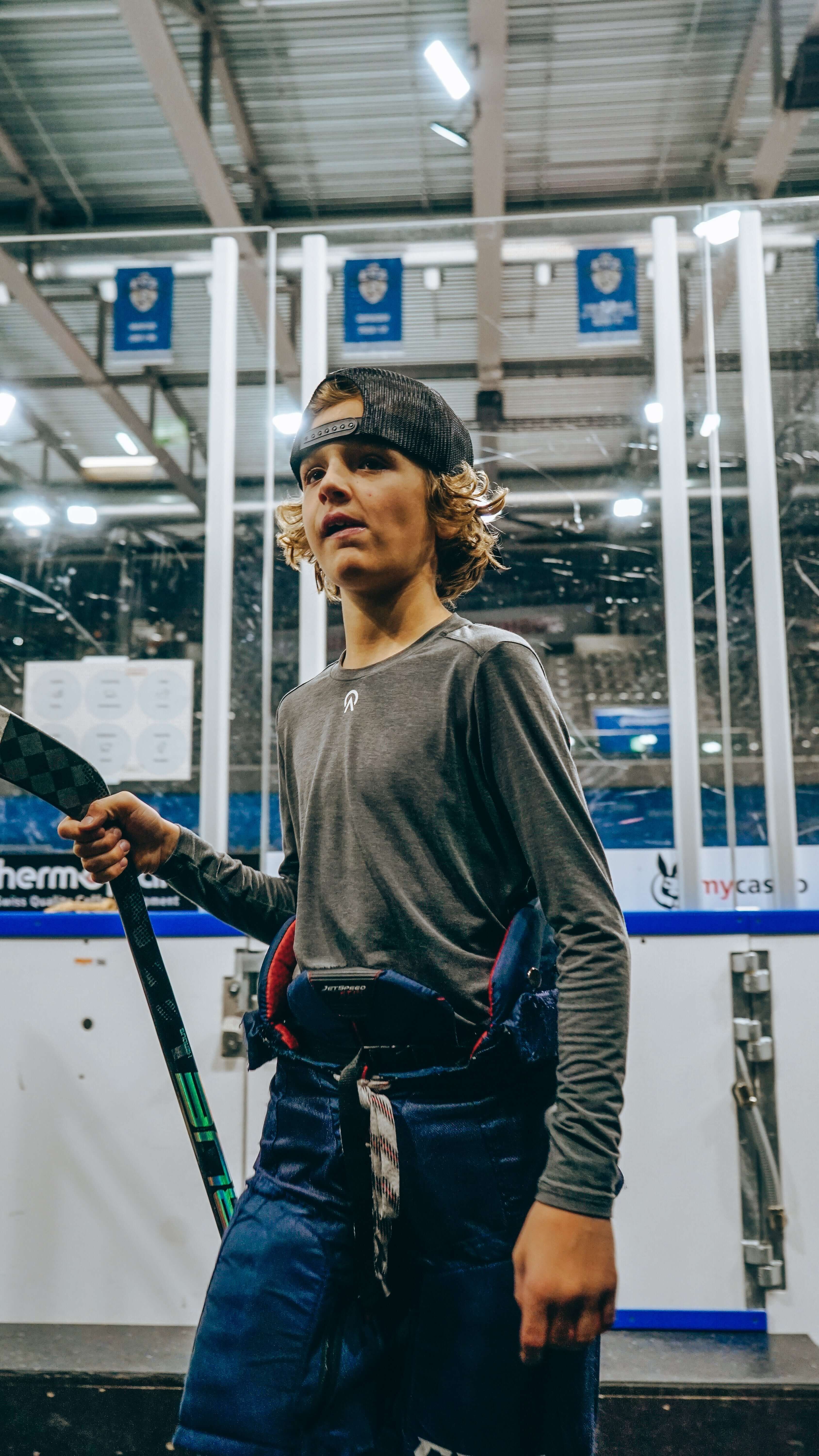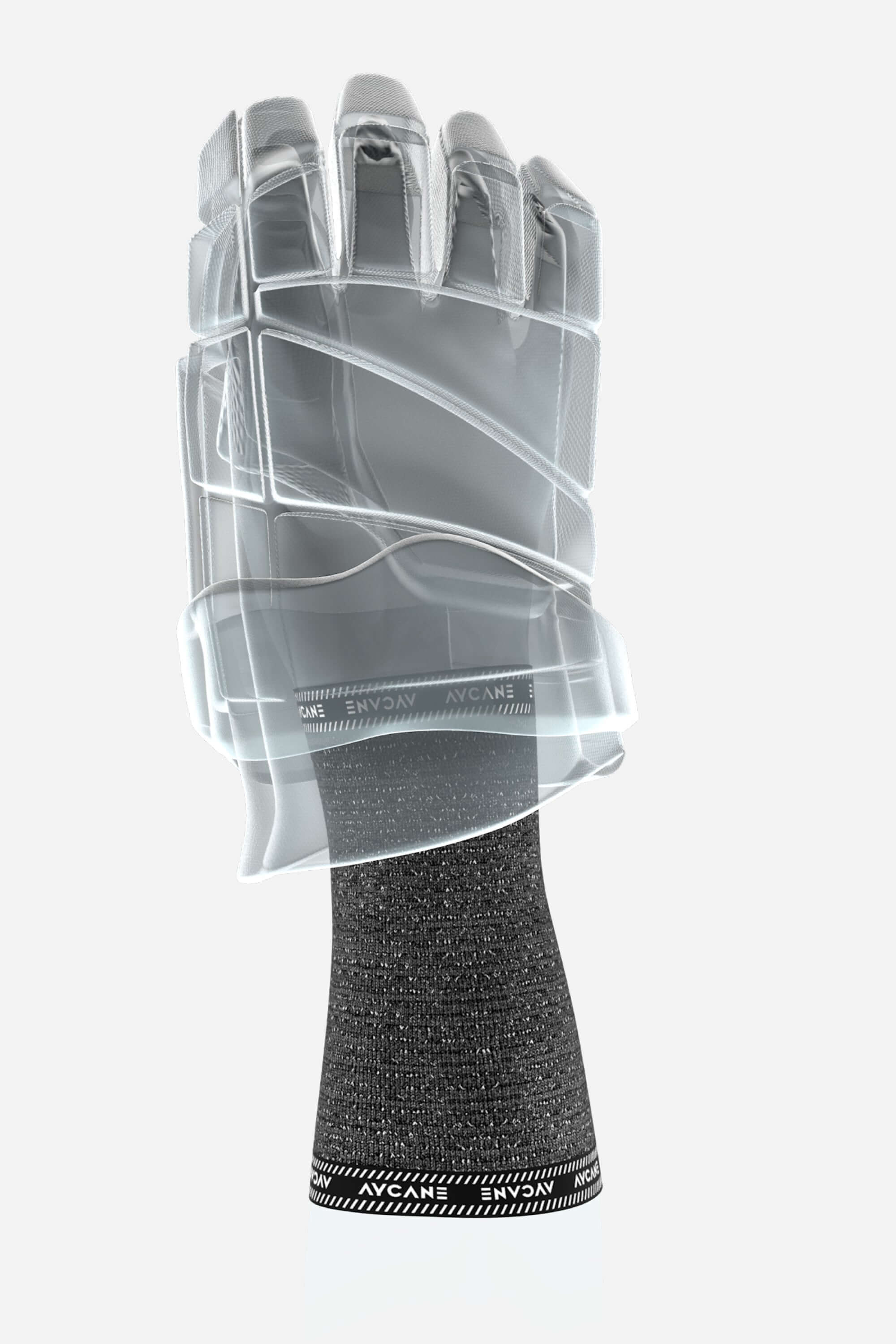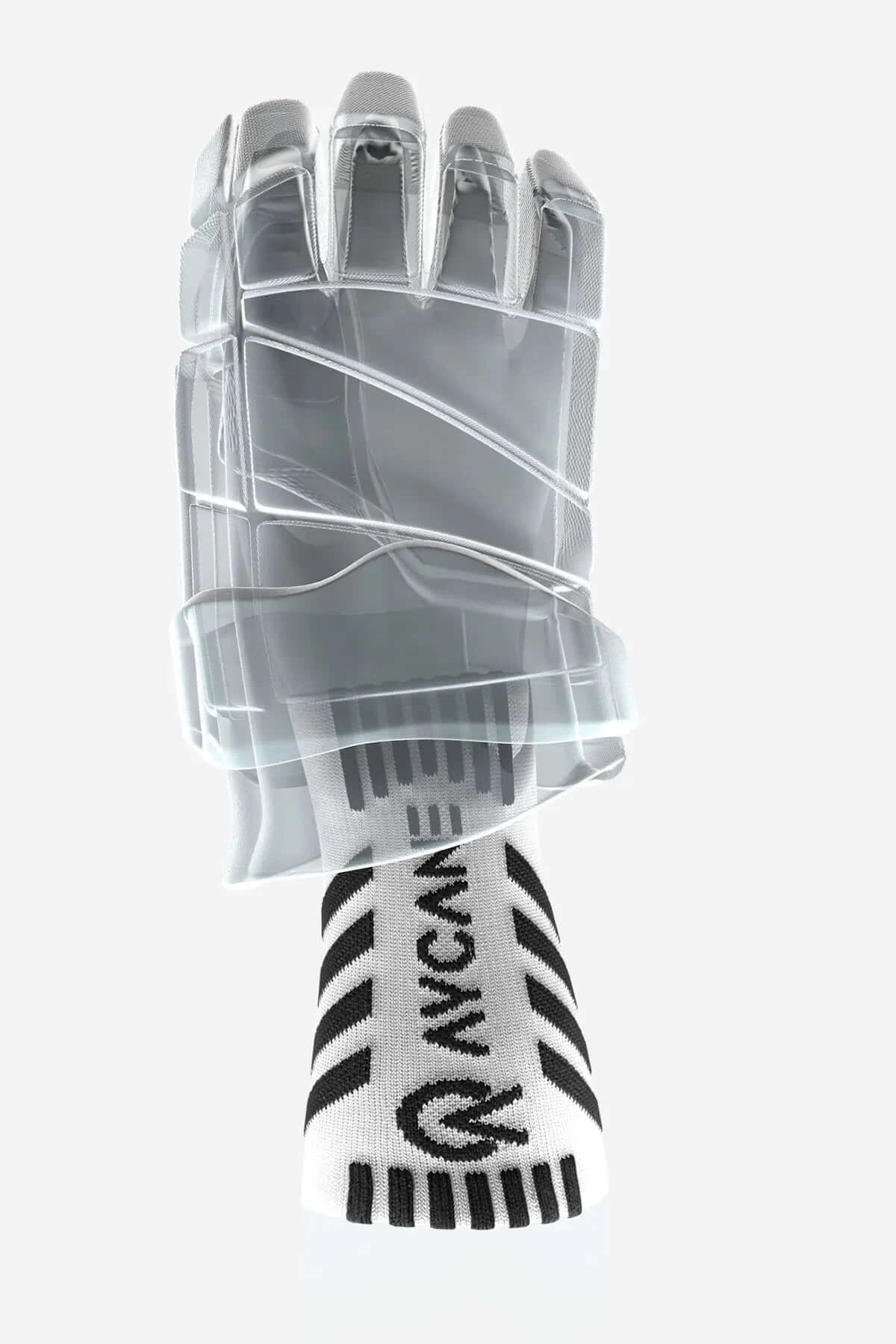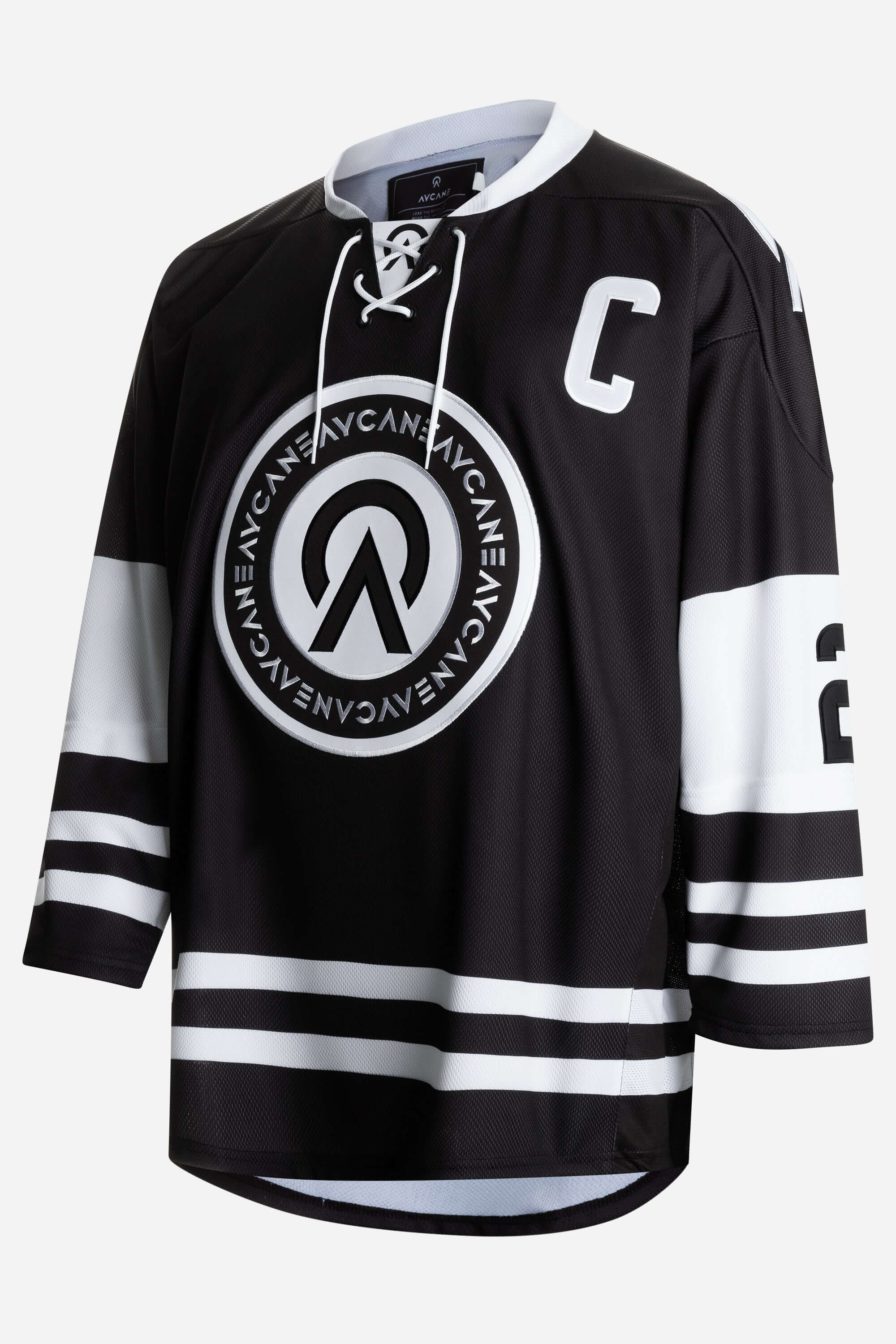Bouncing Back: How to Handle Losses in Ice Hockey
In the fast-paced world of ice hockey, wins and losses are inevitable. While victory brings elation and pride, experiencing defeat can be disheartening and challenging for players and teams alike.
However, how players handle losses can greatly impact their growth, development, and future success on the ice. In this blog post, we'll explore strategies for effectively handling losses in ice hockey, fostering resilience, and turning setbacks into opportunities for growth.
1. Embrace the Emotions:
It's natural to feel disappointed, frustrated, or upset after a loss. Instead of suppressing these emotions, allow yourself to acknowledge and process them. Talk to your teammates, coaches, or trusted individuals about how you're feeling. By expressing your emotions in a healthy way, you can prevent them from festering and affecting your performance in future games.
2. Learn from the Experience:
Every loss presents an opportunity for learning and growth. Take the time to reflect on the game and identify areas for improvement. Were there specific mistakes or breakdowns in teamwork that led to the loss? How can you and your teammates work together to prevent similar outcomes in the future? By analyzing the game objectively, you can extract valuable lessons that will make you a stronger and more resilient player.
3. Maintain Perspective:
While winning is undoubtedly the goal in ice hockey, it's important to remember that losses are a natural part of the game. No team wins every game, and setbacks are inevitable on the path to success. Instead of dwelling on a single loss, focus on the bigger picture and the progress you've made over the course of the season. Keep in mind that even the most successful teams face adversity and setbacks along the way.
4. Use Losses as Motivation:
Rather than allowing a loss to demoralize you, channel your disappointment into motivation for improvement. Use the loss as fuel to work harder in practice, refine your skills, and strengthen your teamwork. Set goals for yourself and your team based on the lessons learned from the loss, and commit to achieving them. Remember that setbacks can be powerful sources of motivation and drive.
5. Support Your Teammates:
During challenging times, it's crucial to rally together as a team and support one another. Offer words of encouragement, provide constructive feedback, and remind your teammates that you're in it together. Building a supportive team culture can help mitigate the negative effects of losses and foster resilience and cohesion within the group.
6. Move Forward with Confidence:
After processing the emotions and lessons from a loss, it's important to move forward with confidence and determination. Approach each practice and game with renewed focus and commitment to improvement. Trust in your abilities and the abilities of your teammates, and maintain a positive mindset as you strive towards your goals. Remember that resilience is built through adversity, and each loss is an opportunity to grow stronger and more resilient as a player and as a team.
Conclusion:
Handling losses in ice hockey requires resilience, perspective, and a growth mindset. By embracing the emotions, learning from the experience, maintaining perspective, using losses as motivation, supporting your teammates, and moving forward with confidence, players can navigate setbacks effectively and emerge stronger and more resilient on the ice. Ultimately, it's how players respond to losses that defines their character and shapes their future success in the sport of ice hockey.
IF YOU LIKE THIS BLOG POST, YOU MIGHT ALSO LIKE...


